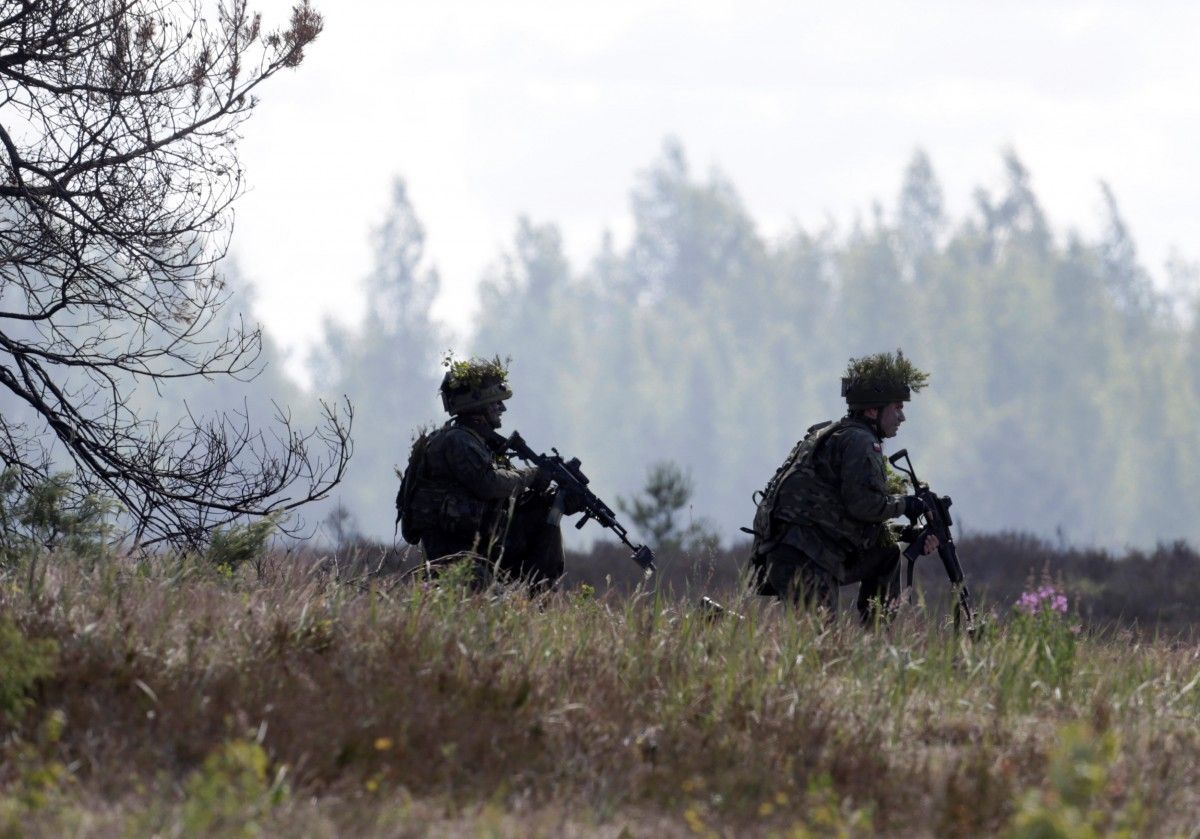
Russia dislikes Montenegro's policy of increasing ties with NATO and the EU, the BBC reports.
There have also been arrests in Montenegro and Serbia over a suspected plot to topple outgoing Montenegrin Prime Minister Milo Djukanovic.
In addition, a large arms cache was found near the family home of Serbian PM Aleksandar Vucic on Saturday.
There are suspicions that the arms were to be used in an assassination attempt against Mr. Vucic, a pro-EU reformer, though he himself played down that theory.
In Montenegro, officials have accused Russia of plotting against Mr. Djukanovic.
Read alsoRussian shipborne air task force arrives in MediterraneanThe four-day NATO exercise in Montenegro began on Monday, and involves NATO's Euro-Atlantic Disaster Response Coordination Centre (EADRCC).
Focused on the Niksic area, the aim is to practice for a major flood or chemical emergency.
There are 680 participants, from 32 NATO and partner countries. Israel, Azerbaijan and Kosovo are among the non-NATO countries involved.
Russian Security Council chief Nikolai Patrushev paid an unexpected visit to Belgrade last week.
The Serbian-Russian military exercise, starting on Wednesday, is called "Slavic Brotherhood 2016". Units from Belarus will also take part.
The Russian military says the drills will take place near Belgrade, until 15 November.
Serbia has, nevertheless, increased ties with NATO over the years, including membership of the alliance's Partnership for Peace program.
NATO's bombing of Serbia and Montenegro in 1999 and its intervention in Kosovo left a legacy of bitterness among Serb nationalists. Russia has forged close ties with some of them, reviving centuries-old pan-Slavic patriotism.
NATO's action resulted in the ousting of former Yugoslav President Slobodan Milosevic. The nationalist leader died in 2006 while on trial in The Hague for war crimes.
Since splitting from Serbia in 2006, Montenegro has forged close ties with the EU and NATO. It is expected to join NATO early next year, but EU membership is not likely before 2020.
Montenegro, with a population of some 630,000, has in recent years seen an influx of Russian money, homebuyers and tourists.


